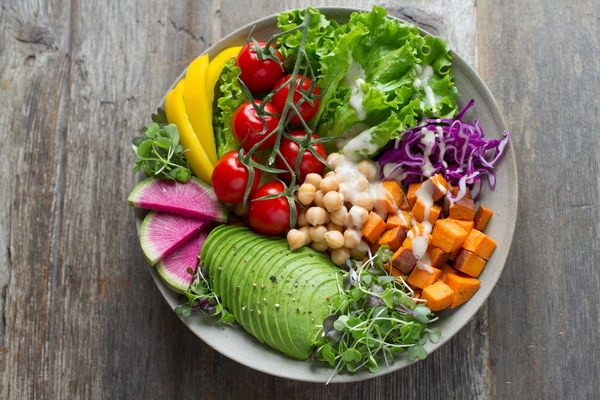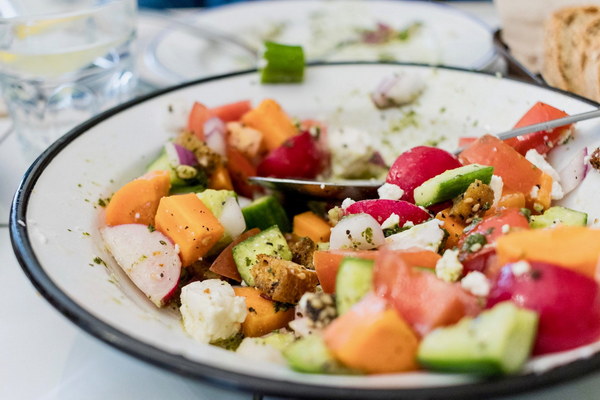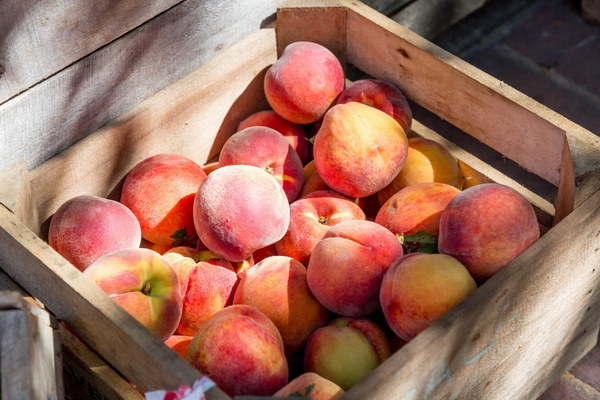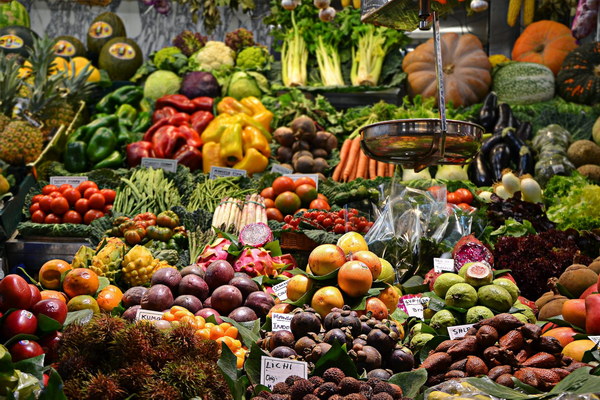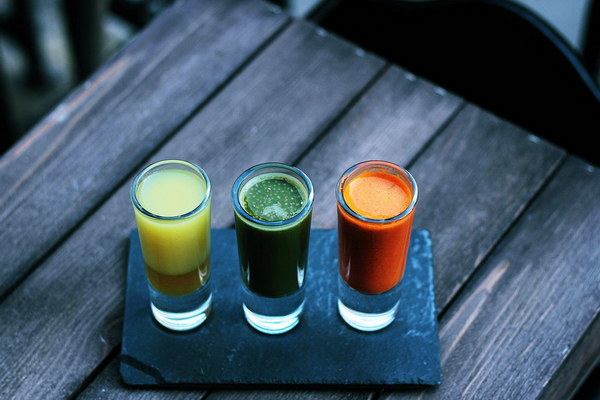Unlocking Digestive Harmony How Western Medicine Combats Dampness and Stomach Cold
In the realm of traditional Chinese medicine, the concept of dampness and stomach cold is often associated with various digestive issues. These terms describe a yin deficiency, where the body's internal environment becomes imbalanced, leading to symptoms like bloating, indigestion, and fatigue. While traditional remedies like herbal teas and dietary adjustments are commonly prescribed, Western medicine offers its own set of solutions to alleviate dampness and treat stomach cold. This article delves into the ways in which Western medicine tackles these conditions and provides relief to those suffering from dampness and stomach cold.
Understanding Dampness and Stomach Cold
Dampness and stomach cold are both rooted in the concept of imbalance within the body. Dampness refers to an excess of fluid, which can accumulate in the body, leading to symptoms such as fatigue, bloating, and weight gain. Stomach cold, on the other hand, is characterized by a lack of heat in the digestive system, resulting in cold hands and feet, as well as a reduced appetite and digestive discomfort.
In Western medicine, these conditions are often associated with specific physiological imbalances, such as an underactive thyroid, gastrointestinal issues, or even psychological factors like stress and anxiety.
Treating Dampness with Western Medicine
When it comes to addressing dampness, Western medicine offers various treatments aimed at managing fluid retention and promoting healthy fluid balance in the body. Some of the most common approaches include:
1. Medications: Diuretics are commonly prescribed to help the body eliminate excess fluid through increased urine production. These drugs can be particularly helpful for individuals with conditions like heart failure or kidney disease, where fluid retention is a significant concern.
2. Lifestyle Modifications: Diet and exercise are crucial components of managing dampness. Reducing salt intake, limiting alcohol consumption, and engaging in regular physical activity can help regulate fluid balance and reduce the risk of dampness-related symptoms.
3. Supplements: Certain supplements, such as dandelion root and parsley, have been shown to have diuretic properties and may help in managing fluid retention.
Treating Stomach Cold with Western Medicine
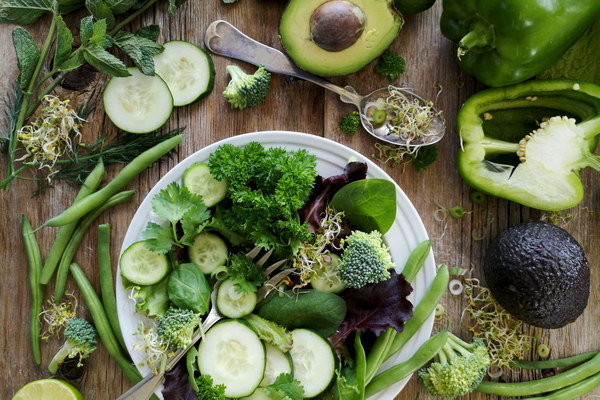
Treating stomach cold involves addressing the underlying physiological causes, which may include:
1. Medications: Proton pump inhibitors (PPIs) and histamine H2 receptor antagonists are commonly prescribed to reduce stomach acid production, which can alleviate symptoms associated with stomach cold, such as heartburn and indigestion.
2. Antacids: Over-the-counter antacids can provide temporary relief from symptoms by neutralizing stomach acid.
3. Probiotics: These beneficial bacteria can help restore a healthy balance in the gut, which may improve digestion and alleviate symptoms of stomach cold.
Combining Western and Traditional Treatments
While Western medicine offers effective treatments for dampness and stomach cold, many individuals find that combining these treatments with traditional remedies can yield the best results. For example, incorporating herbal teas and dietary adjustments into a treatment plan that includes medications and supplements can provide a more holistic approach to managing these conditions.
In conclusion, Western medicine provides a range of effective treatments for dampness and stomach cold, focusing on addressing the physiological causes of these conditions. By combining these treatments with traditional remedies and making lifestyle adjustments, individuals can find relief and achieve a greater sense of balance and well-being.

